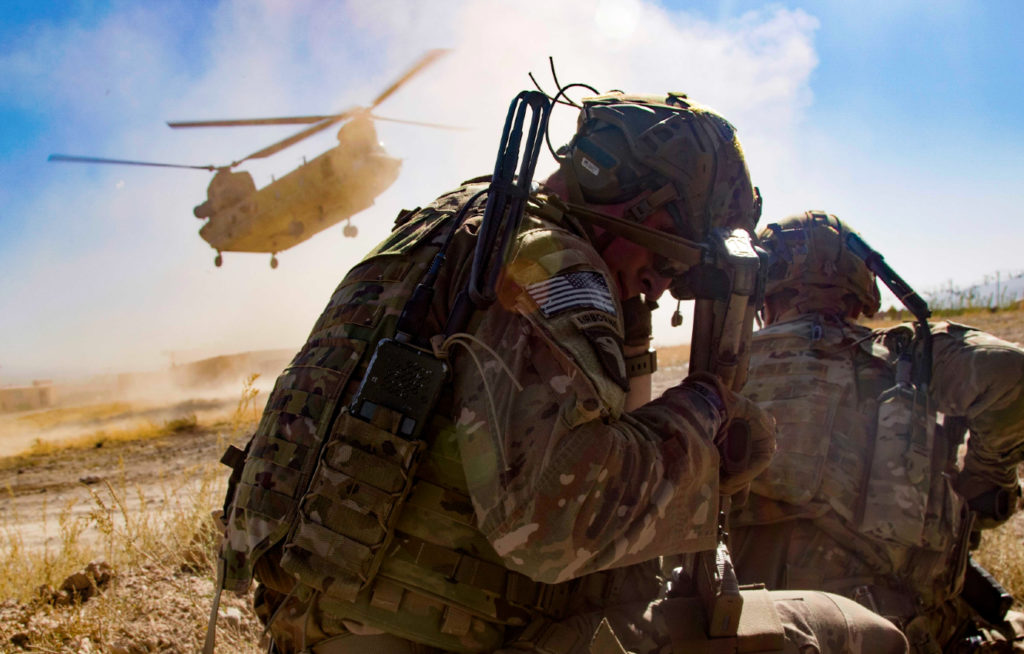On May 8, a bomb attack outside a school in Kabul killed at least 68 people. More than 160 people were injured. Although no one has claimed responsibility, the bombing has cast a shadow over the future of Afghanistan as the U.S. withdraws its troops from the country by Sept. 11, 2021.
China’s reaction was quick and harsh. In a public statement the next day, the Foreign Ministry condemned the violent attack. However, it also made a heavy-handed accusation against the “sudden announcement by the U.S. of its complete withdrawal from Afghanistan, which led to a series of bomb attacks in many locations in Afghanistan.” This biting comment raises the question: What are China’s views on the U.S. withdrawal? Beijing has long criticized the American presence in Afghanistan and the prospect of a destabilizing withdrawal. The foreign policy community in China remains deeply skeptical about U.S. intentions in the region as it withdraws its troops and harbors serious concerns about the prospect of chaos and instability along its western frontier.
For the past 20 years, China has demonstrated a contradictory attitude toward the U.S. presence in Afghanistan. On the one hand, China has seen America’s war, presence, and “manipulation” or “distortion” of Afghan politics as the cause of instability. In Beijing’s view, the war has long deviated from its original goal of counter-terrorism and morphed into a plan to control the heart of Eurasia and China’s backyard. Therefore, across the board, the U.S. military presence in Afghanistan has been portrayed in a highly negative light and as a source of regional instability and concern.
Read the full article in the War On The Rocks.




